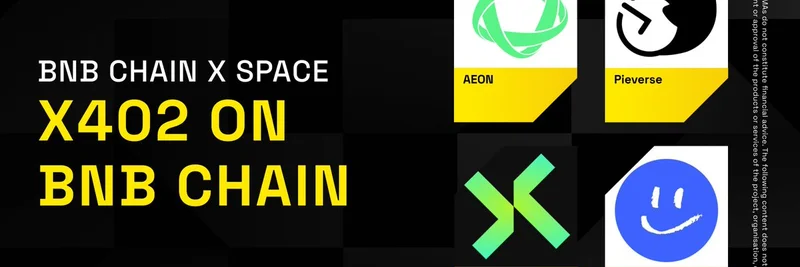In the fast-paced world of decentralized finance (DeFi), perpetual decentralized exchanges (perp DEXes) without know-your-customer (KYC) requirements are heating up the competition. A recent thread on X (formerly Twitter) from Solana Legend, co-founder of Frictionless Capital and MonkeDAO, sparked a thoughtful exchange with DeFi architect Andre Cronje. Let's break down their discussion and what it means for meme token traders and blockchain enthusiasts navigating this evolving landscape.
Solana Legend kicked things off by calling the zero-KYC perp DEX wars a "race to the bottom." For those new to the term, perp DEXes allow users to trade perpetual futures contracts—essentially bets on asset prices without expiration dates—directly on the blockchain, bypassing traditional centralized exchanges. The "zero-KYC" part means no identity verification, which appeals to privacy-focused users but raises regulatory red flags.
He argues that only platforms securing retail trading licenses worldwide will build a lasting competitive edge, or "moat." Liquidity, the lifeblood of any exchange (referring to the ease of buying and selling assets without massive price swings), isn't sticky. We've seen it migrate from Chinese centralized exchanges (CEXs) to platforms like HyperLiquid. In his view, licenses provide a "long-term edge" because they offer legal protection and attract institutional players wary of unregulated waters.
This perspective resonates in the meme token ecosystem, where Solana-based projects often thrive on high-volume, speculative trading. Platforms without proper licensing might lure in quick liquidity through viral memes or hype, but sustaining it requires trust and compliance—especially as global regulators tighten the screws on crypto.
Andre Cronje, known for building powerhouse protocols like Yearn Finance and now at Sonic Labs, chimed in with an alternative angle. He agrees on the regulatory hurdles, sharing his own nine-month saga dealing with U.S. bodies like the CFTC (Commodity Futures Trading Commission), SEC (Securities and Exchange Commission), NYDFS (New York Department of Financial Services), and ATS (Alternative Trading System) designations. Spoiler: He found "no route to regulation currently" for certain models.
Cronje proposes a fully permissionless on-chain approach with no settlement counterparty. In simple terms, this means designing systems where trades happen entirely on the blockchain without a central entity handling clearing (verifying trades) or settlement (finalizing transfers). No broker, no clearing house, and crucially, don't position yourself as the settlement layer to avoid regulatory pitfalls. This could be a game-changer for meme tokens, enabling truly decentralized trading hubs that sidestep traditional oversight while maintaining user sovereignty.
Their dialogue highlights a core tension in DeFi: balancing innovation with sustainability. For meme token communities on chains like Solana, where speed and low fees fuel rapid pumps and dumps, zero-KYC perp DEXes offer exciting leverage opportunities. But as Legend points out, without global licenses, these platforms risk becoming transient hotspots. Cronje's vision pushes for purer decentralization, which could empower grassroots projects but demands robust smart contract security to prevent exploits.
If you're diving into meme tokens, keep an eye on how perp DEXes evolve. Projects integrating compliant features might attract more stable liquidity, benefiting long-term holders. Meanwhile, fully on-chain alternatives could spark the next wave of innovative trading tools. Either way, this thread underscores why staying informed on regulatory shifts is crucial—after all, in crypto, today's edge could be tomorrow's moat.
For more insights on meme tokens and blockchain trends, check out our knowledge base at Meme Insider.



